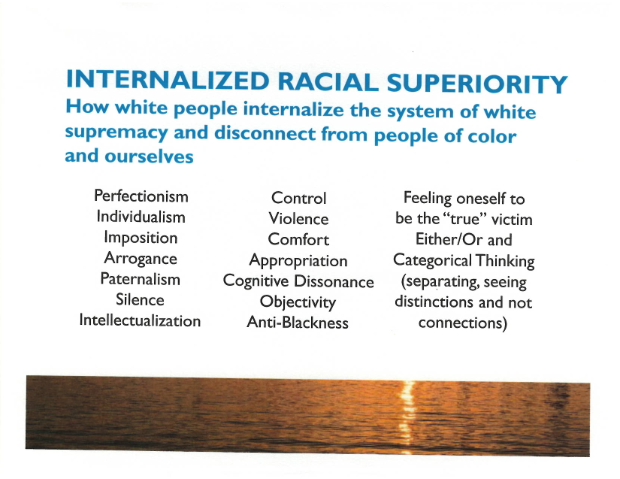Seattle Office of Civil Rights About to Be Sued for Unapologetic Racism
It's the year 2020 and Christopher Rufo is about to file a civil rights complaint against Seattle's Office of Civil Rights. No, you didn't misunderstand me.
Rufo is the director of the Discovery Institute’s Center on Wealth & Poverty. He’s directed four documentaries for PBS and is currently a contributing editor for City Journal, where he covers homelessness, addiction, mental illness, crime, and other afflictions. He explains:
In the coming weeks, I will be filling an official civil rights complaint against Seattle's Office of Civil Rights.
They have created a new form of "institutional racism" that violates the core principle of "equality under the law."It's time to fight back.
— Christopher F. Rufo (@realchrisrufo) July 29, 2020
Seattle’s Office of Civil Rights has developed a “race and social justice” curriculum for all 10,000 city employees.Rufo has posted the training documents used by the Office on his website.I’ve obtained new documents from the city’s segregated “whites-only” trainings, which induct white employees into the cult of critical race theory.
The trainers require white employees to examine their “relationships with white supremacy, racism, and whiteness” and explain how their “[families] benefit economically from the system of white supremacy even as it directly and violently harms Black people.”
Under the banner of “antiracism,” Seattle’s Office of Civil Rights is now explicitly endorsing principles of segregationism, group-based guilt, and race essentialism—ugly concepts that should have been left behind a century ago.
Here's a sample from the training material:

